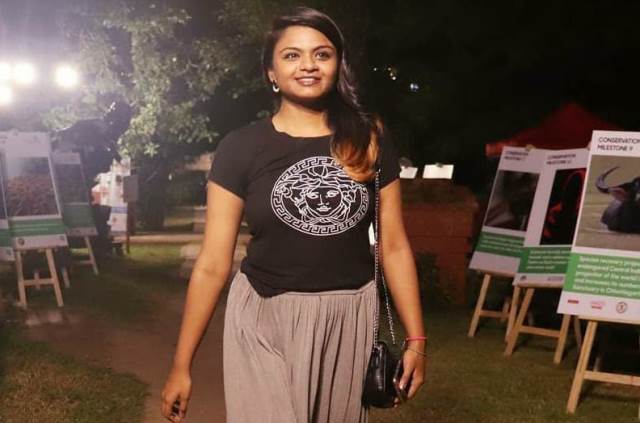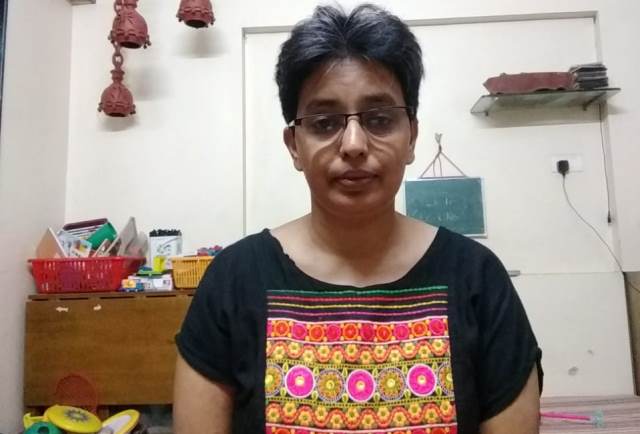Madhuri Bhowmick, 30, an artiste based in New Delhi, says it will unfair to label the city as Rape Capital because it takes away the seriousness of a heinous crime
I am a trained classical dancer and owing to my profession I have to navigate many a late night in the city. I was born and brought up in Delhi and love the city. Every time a new rape case grabs the headlines, I, like most women, feel overwhelmed and angry. But I don’t give in to the fear. I mostly take an Uber (app-based taxi) during late nights and don’t compromise on my safety.
Yet, there is a 70:30 ratio conflict. Every time I go out, 70% of my thoughts tell me I will be safe and secure, owing to my own presence of mind and the security systems in place by the government. But 30% at the back of my mind, scary thoughts do run.
Having said that, I believe calling Delhi as the ‘rape capital’ of the world isn’t justified. Putting a label, any kind of label, on heinous crimes takes away the responsibility from the perpetrators of the crime. Delhi isn’t responsible for the rapes; it is the psychology of the individual who devalues another human being is the cause of concern. Each rape case is different; it is an individual who has been devalued and we should be careful about generalising it.
Delhi, in fact the whole of India, is seriously overpopulated. Crimes can flourish and go undetected amongst a sea of people. And it’s not as if other places in the world don’t have the problem of women being treated miserably; let’s talk about the issue that happened, rather than the place it happened in.

Post-Nirbhaya we thought the world would be a better place because of the outcry it generated. But even two years after the convicts were hanged, there has been no improvement. There is no fear of law, and the wheels of justice are overburdened and slow. And then there’s the issue of marital rape being discussed in the courts.
ALSO READ: ‘Marriage Is Not A Licence To Rape Spouse’
I believe that apart from legal changes, we need social changes or social sensitisation of the people. The huge nationwide drive for vaccination shows that it is possible to reach out to even the remotest corner of the country if we have the will. Perhaps rape or safety of women should be taken just as seriously as a pandemic.
Sex education should be made mandatory everywhere if we are to remove the problem right from its roots. Be it Delhi or anywhere, our parenting styles also need a change. In many households male-female friendships are frowned upon. We need to normalise male-female interactions. We as a society focus on IQ but we need to focus on Emotional intelligence too.
And lastly, I believe that like in every part of the world, lovely people reside in Delhi as well. So many news channels that can be used to spread social messages (including that of safety of women) indulge only in sensationalism; they are just trying to find material for their 24×7 news cycle. So, no, let’s not call Delhi the rape capital of the world, let’s not take away from the seriousness of the crime.
As Told To Yog Maya Singh

